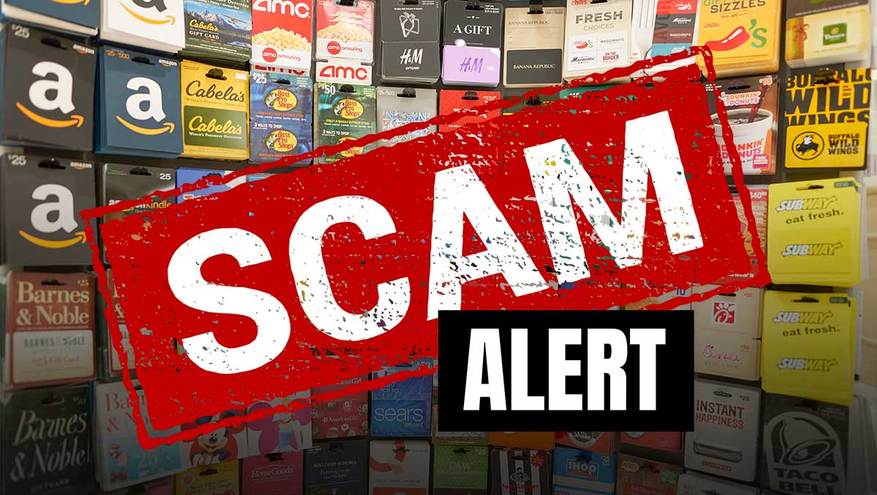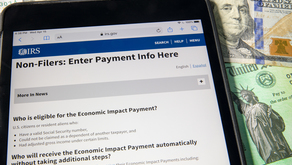Your phone rings and you are shocked to hear from “Amazon” that a recent order of yours, billed to your Amazon account, has been put on hold because of suspicious activity. An Amazon “representative” tells you that, to cover the amount you owe, you must buy Amazon.com gift cards and provide them with the claim codes.
This is a scam, 100 percent of the time. Genuine businesses (including Amazon, Apple, Best Buy, Costco, etc.) will never call asking you to buy a gift card to cover an expense — but fraudsters will.
Unfortunately there are active scams happening right now involving gift cards, and they’re costing innocent people thousands of dollars. Protect yourself by learning how gift card scams work.
What Gift Card Scams Looks Like
Fraudsters have developed a number of ways to use gift cards as a means to steal money.
One way is to demand that you pay them with gift cards. According to the Federal Trade Commission, if someone calls and demands that you make a payment by purchasing a gift card for them, a scammer is behind that call. Once they have the gift card number and the PIN, they have your money. Scammers may tell you many stories to get you to pay them with gift cards, but this is what usually happens:
The caller says it’s urgent and usually “identifies” themselves as working for a company you wouldn’t expect to request payment through a gift card — Social Security, a utility company or a business like Walmart or Amazon, for example. The scammer says you have to pay right away to cover a bill, debt or emergency expense. They explain that if you don’t pay, something bad will happen: Your account will get locked, your electricity will get cut off or you’ll get turned into collections.
The caller usually tells you which gift card to buy. They might say to put money on an eBay, Google Play, Target or iTunes gift card.
The caller asks you for the gift card number and PIN. The card number and PIN on the back of the card let the scammer get the money you loaded onto the card. And the scammer gets it right away.
Another way fraudsters use gift cards as a ploy is through phony giveaways. You get an email or text from a familiar store or organization that you’ve won a gift card. To claim it, they ask you for your contact information and even your bank account numbers, in the hopes you’ll give them personal information they can use to steal from you.
What to Do if You Encounter a Gift Card Scam
If someone contacts you about purchasing a gift card as a payment, hang up, delete the email or don’t respond to the text. Report the encounter to:
The Federal Trade Commission
The Better Business Bureau
State Consumer Protection Office
The FBI’s Internet Crime Complaint Center
If you’re afraid you’ve been a victim of gift card fraud, call Bank of Utah and your other financial institutions immediately. It’s always better to be safe than sorry.




